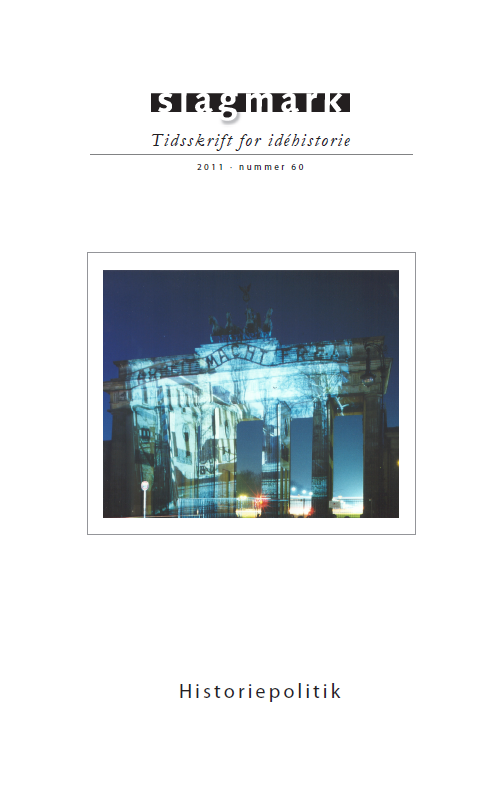Hvornår er sager om historiske uretfærdigheder forældede? – dynamikken mellem historieforståelse, erstatningskrav og retsopgør
DOI:
https://doi.org/10.7146/sl.v0i60.103988Nøgleord:
Reparations, Historical Injustices, Politics of Regret, Official Apologies, Slavery, Herero Genocide, Human Rights, Historical Responsibility, Politics of HistoryResumé
The Durban Conference in 2011 brought international attention to the question of the descendants of victims of slavery and colonialism were entitled to reparations. Shortly after the Durban Conference several cases were filed in the USA by amongst other The Herero People Reparation Corporation claiming reparations from the German State for the Genocide on the Herero-people in 1904-07. These types of cases raise a host of complex questions – amongst others the question of when a historical injustice is too old to be subject for reparations. But as this paper explores the answer to this question depends not only on law but also the dominating politics of history, political will, and historical consciousness. A fact that might also have some influence on the Danish debate on reparations for slavery in the former Danish West-Indies.Downloads
Publiceret
Citation/Eksport
Nummer
Sektion
Licens
Ophavsretten til artiklerne i Slagmark deles mellem forfatter og Forlaget Slagmark.
Artikler og tekstmateriale publiceret i Slagmark må citeres, downloades og videresendes for ikke-kommerciel brug, under forudsætning af normal akademisk reference til forfatter(e) samt tidsskrift, årgang, nummer og sider.
Brug og distribution af tekstmateriale både i form af papirkopier og elektroniske kopier, til undervisningsbrug på uddannelsesinstitutioner og intern brug er tilladt efter aftale med Copydan Tekst & Node. Brugen skal ske inden for aftalens rammer.
Artikler og tekster må kun genudgives med eksplicit tilladelse fra forfatter(e) og tidsskriftet med en anerkendelse af værkets første publicering i nærværende tidsskrift.





